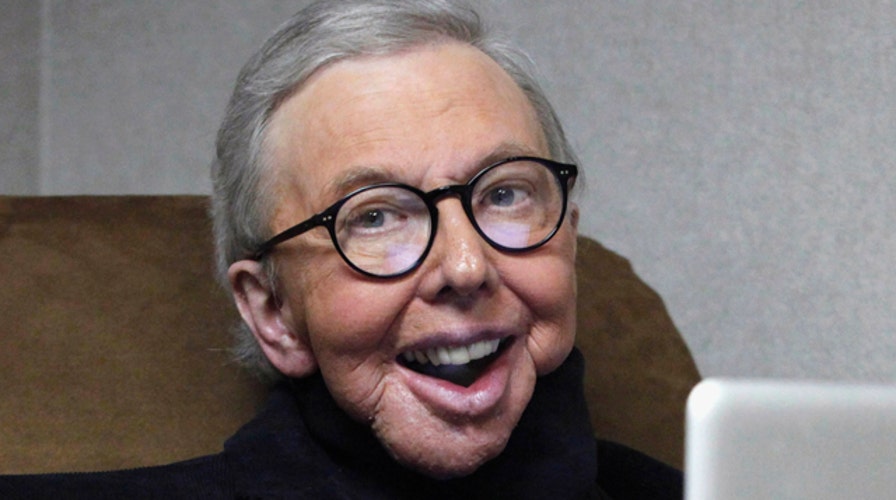Roger Ebert was a hot trend on Google's top 10 trends earlier this week.
As of Wednesday, more than 50,000 people had searched for his name, an impressive display of his influence.
He wasn't quite as hot as North Korea or Jay Leno, but he was running neck and neck with Lollapalooza, Chicago's hugely popular summer rock music extravaganza.
Ebert, the longtime movie critic for the Chicago Sun-Times, roused that interest simply by posting Tuesday night on his popular blog that he was taking "a leave of presence" while he was treated for another bout of cancer.
Despite a valedictory tone to his note, it didn't seem impossible that he'd be back, as promised, writing reviews, tending his website and preparing for his annual film fest. He'd seemed on the verge of death so often that why not believe he'd beat the odds this time?
He didn't.
Ebert's death Thursday--he was 70--marked the end of a certain Chicago literary era. He had once hung out with the legendary likes of Mike Royko, Studs Terkel and Nelson Algren, trading stories while marinated in alcohol, until he gave up the alcohol. He was younger than the others, and less swashbuckling, but as long as he was alive, so was that literary moment.
Now that he's gone, he will be widely remembered as perhaps the most influential movie critic ever and as a member of a great vanished Chicago writing clan.
But Ebert deserves to be remembered for something more: dying with grace.
Some people die quickly, others a little at a time. Ebert faded slowly, dramatically, with a philosophical flourish.
In the past few years, doctors had cut out his thyroid, then part of his salivary glands, then a piece of his jaw. He could no longer eat, drink or talk.
A different person might have shrunk into despair. Ebert navigated his way out of the depths through writing, along with a connection to young people, a reliance on new technology and a humility that verged on bravado.
In a 2010 piece in Esquire--read it if you haven't--he allowed his ruined face to be photographed in close-up. His deformed jaw and permanently open mouth filled a full glossy page. His eyes still shone.
"When I am writing, my problems become invisible and I am the same person I always was," he said in that piece. "All is well. I am as I should be."
A while after that, he engaged in a political battle via Twitter with a conservative who gleefully mocked his cancer and his disfigurement.
Ebert tweeted back: "You want ugly? For that, you have to look at a mind, not a face."
I saw Ebert only once in his disfigured years, at a 2011 dinner hosted by the Chicago Public Library at which he received the Carl Sandburg Literary Award. He sat in an armchair onstage while the longtime newsman Bill Kurtis quizzed him. He answered questions by typing on his MacBook Pro, which channeled his words into an automated voice.
If he was in the least embarrassed, he didn't let it leak.
"In any other age, his illness would have isolated and largely silenced him," says my Tribune colleague Monica Eng, one of his close friends. "But with DVDs, blogs, Twitter and Internet, he could have one of his biggest reviewing years ever while cranking out nonstop Tweets, blog posts, essays and his autobiography. Instead of being silenced, he became more voluble than ever. In the purely physical world, he was largely hobbled, but in the world of words, ideas and wit he could still dance like Fred Astaire."
In his final blog post, Ebert talked of the work he would do next. He said he would write about the vulnerability of illness and about the movies that could transport him out of illness.
He didn't leave the public any further words, but he left a life that at the end said this:
When illness comes, don't hide. Stay connected to young people and to change. Find the strength in vulnerability. Hope even when there is none.
By Thursday evening, half a million people had searched for Roger Ebert on Google, making him the second-hottest trend in the nation, way ahead of Lollapalooza.

